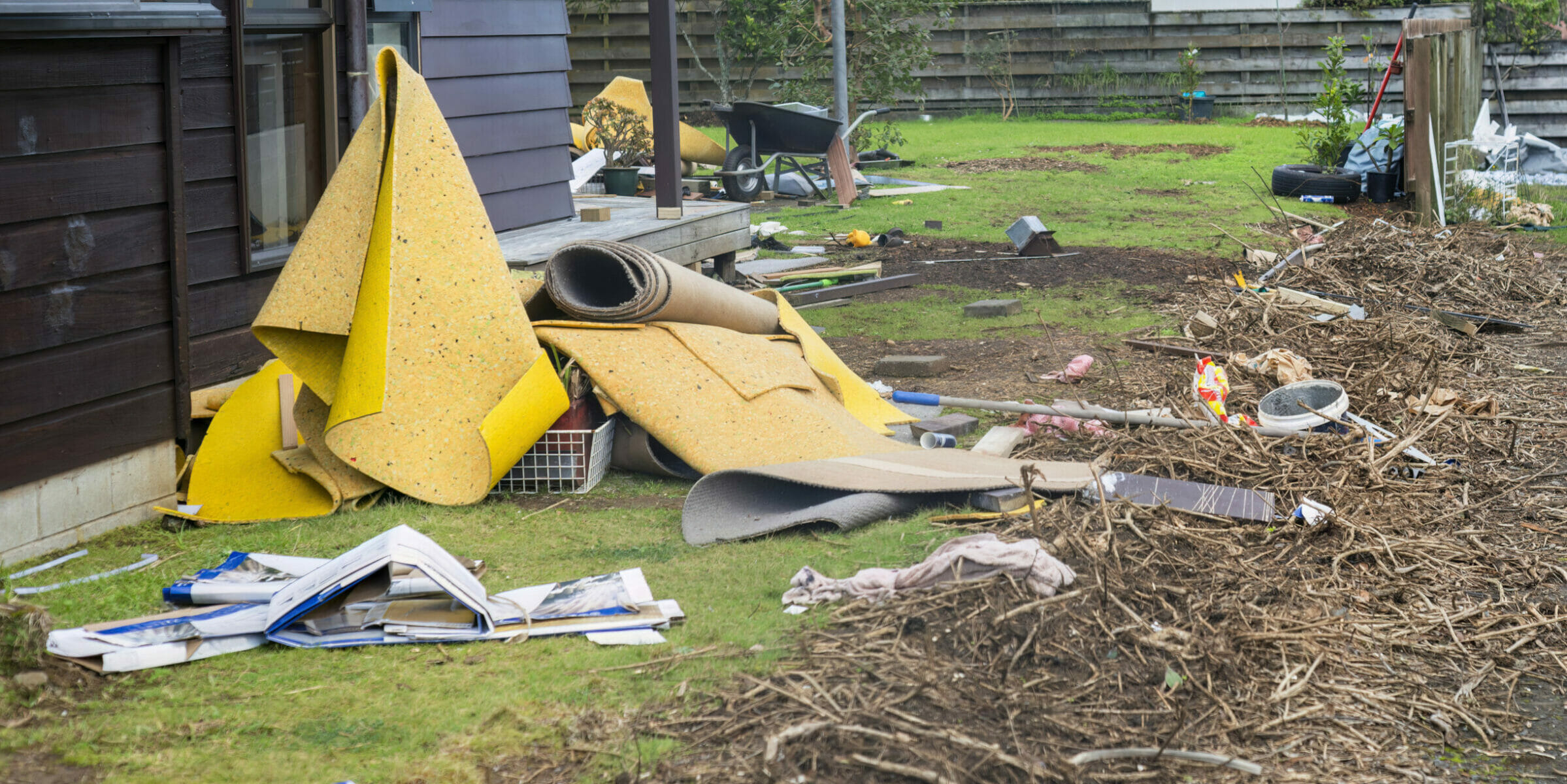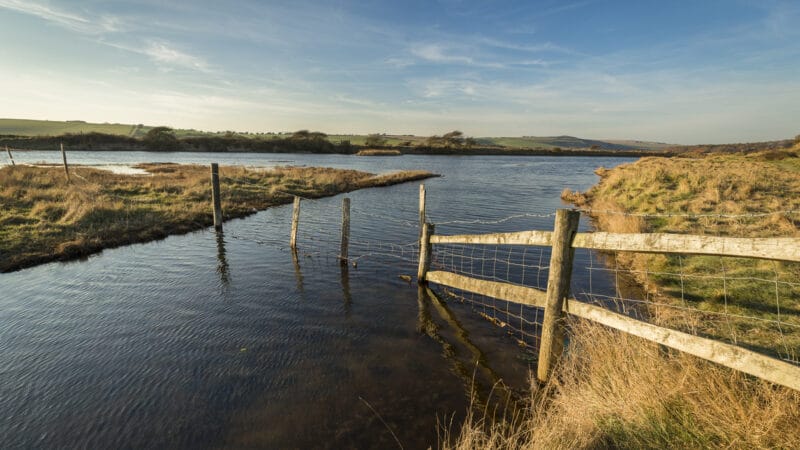Natural hazards at a time of significant uncertainty – guidance for Building Consent Authorities in the wake of Cyclone Gabrielle
Cyclone Gabrielle was one of the largest natural disasters in the history of Aotearoa New Zealand. Many North Island councils (as well as some South Island ones) have grappled with how to approach building consenting in the wake of this year’s severe weather events. The applicability of sections 71-74 of the Building Act 2004, which relate to natural hazards, have never been more in focus.
In Te Matau a Māui Hawke’s Bay, the Regional Council undertook risk assessments and categorised flood-affected areas into three broad categories, with category 2 having four subcategories depending on whether further assessment or interventions are required to manage the risks. In August, there were 723 properties in Hawke’s Bay that fell into categories 2 and 3.
Hawke’s Bay Regional Council has a lot on its plate right now and therefore couldn’t provide Building Consent Authorities with important information needed to assess finished floor levels. In particular, it remains uncertain what magnitude of an event Cyclone Gabrielle was, what new finished floor levels need to be, whether the effects and impacts of climate change will be considered as part of the repair of stop banks and many other big questions.
Rice Speir has worked collaboratively with Hawke’s Bay councils to create a guidance document, specifically designed for consenting residential buildings or sleeping accommodation while the above key information about Cyclone Gabrielle remains uncertain. The Guidance Document sets out how affected councils will apply the natural hazard provisions of the Act in the categorised areas.
Key stakeholders including HBRC and MBIE were consulted and provided helpful feedback throughout the process and a retired High Court Judge deemed the Guidance Document to be “an elegant solution to a difficult problem”.
Working with Hawke’s Bay councils has been a particularly rewarding experience and we know the guidance will be put to use promptly so that people can get back into their homes safely.
The Guidance Document can be found here; and following its release MBIE issued its own guidance on sections 71 to 74 of the Act, which can be viewed on their website here.






